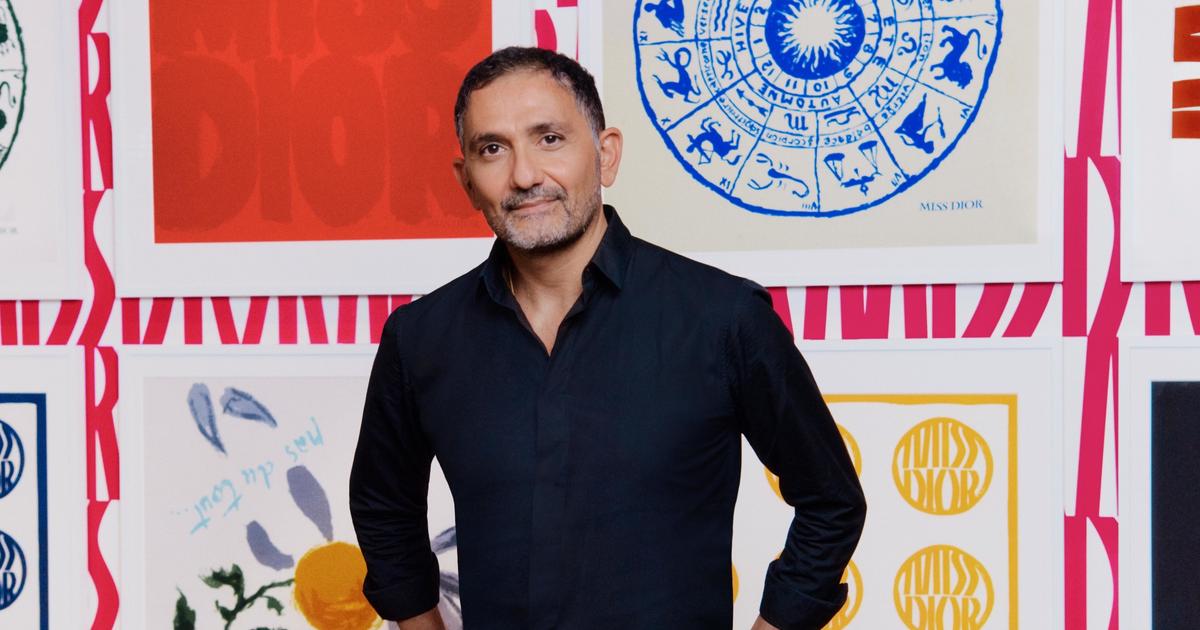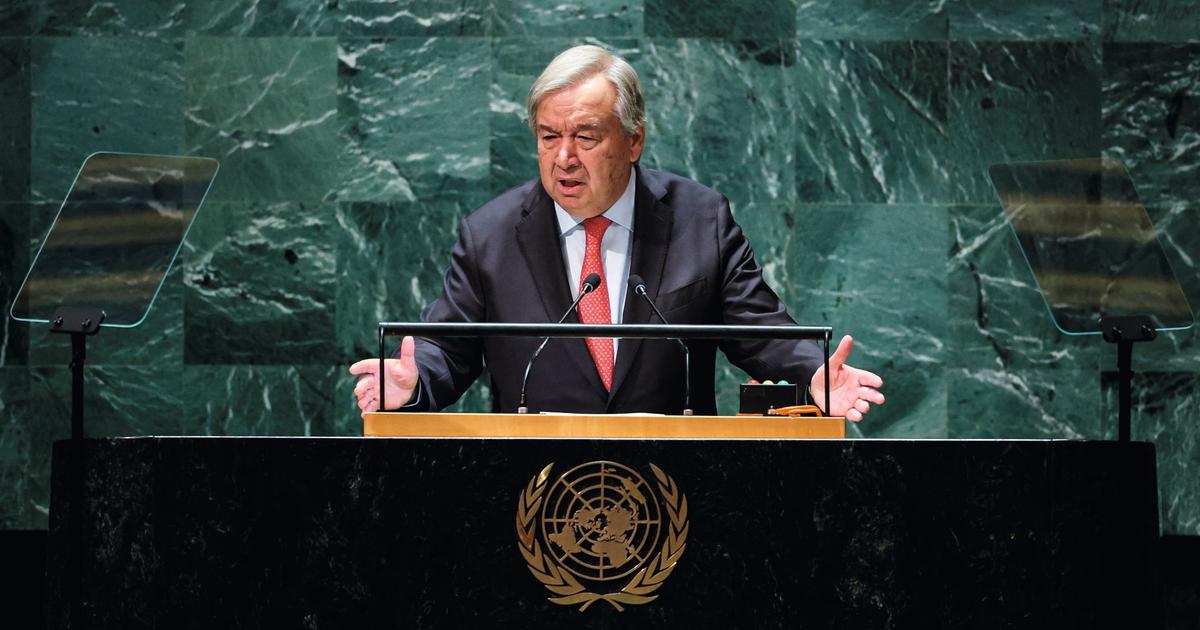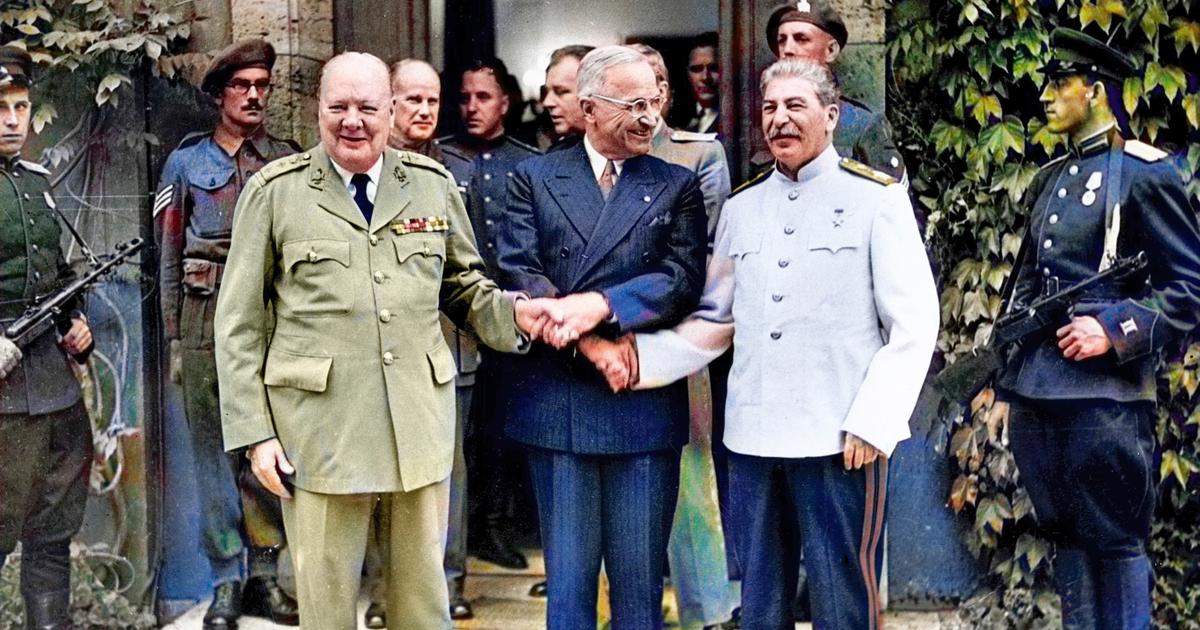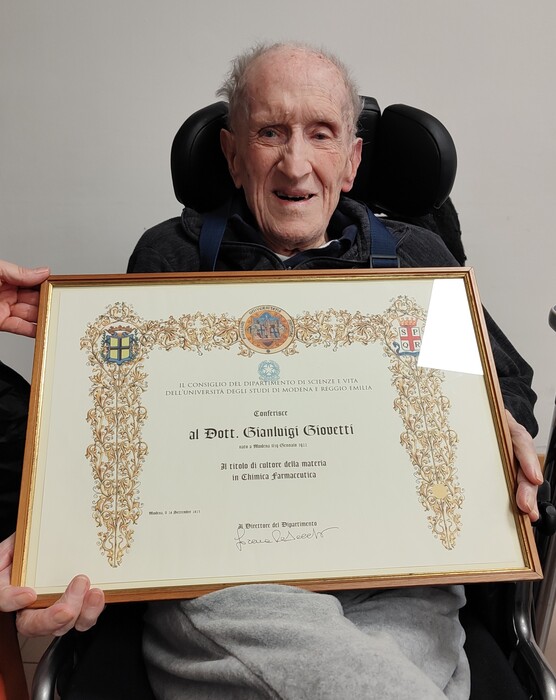Inhabitants of Caracas, lined up to vote for president in 1947.RR.
H.H.
Caraqueños queue up to exercise direct and secret universal voting for the first time, 136 years after the country's independence was declared.
Such could very well be the foot illustration.
These are presidential elections in which, also for the first time, women vote.
It is Sunday, December 14, 1947.
I conjecture that the original photo rests in the archive of
El Nacional
de Caracas, safe, as I understand it, from the barbaric looting to which its facilities were subjected, taken from their owners due to the outrages of Diosdado Cabello.
It came to me through social networks, without accreditation of authorship, a few years ago, in a storm of commemorative tweets of Don Rómulo Gallegos.
My former colleagues from the newspaper have only been able to conjecture, without being able to agree, who, among the legendary founding photographers of
El Nacional
, could capture this street scene three-quarters of a century ago whose fascination does not leave me.
The woman in the foreground, on the right, looks jubilant and flushed at the camera.
Reading the newspaper, a man smiles.
A little further back in line, another woman, with a beautiful Abyssinian face, smiles mischievously at the camera.
Jubilation is the word: jubilation and great expectations liven up the line of voters, a complete demographic of that moment.
At that time, we Venezuelans were only 4,600,000;
My compatriots, who in the last five years have been forced to leave the country, now far exceed six million, subtracted from a total population that exceeds twenty-eight million.
It seems to me that the scene takes place in the parish of Altagracia.
The hat has not fallen into disuse among men.
The gentleman who turns his back on us has apparently already voted and is heading home.
His gesture suggests that he is putting his voucher in the chest pocket of his denim jacket.
A year ago, a revolutionary junta that overthrew the last Andean general, chaired by Rómulo Betancourt, had promulgated an electoral statute that established universal, direct and popular suffrage for those over 18, without distinction of sex.
Thanks to this, the 160 constituents who drew up the 1947 constitution, the most advanced, liberal and guarantor that we have ever had, were elected.
The Venezuelans in the photo will vote mostly for Don Rómulo Gallegos, revered high school teacher and novelist author of Doña Bárbara, who only three years ago was embodied by María Félix in the film by Mexican Fernando de Fuentes.
Andrés Soler was Santos Luzardo.
Gallegos obtained 74% of the votes of an electoral roll of 2,300,000, making him the first civil president elected by universal direct vote in all of our history.
The Gallegos presidency, imbued with the advanced social democratic spirit of the political group founded by Betancourt, was overthrown nine months later and the country was then the prey of the most mediocre military dictatorship of all those that overwhelmed our America during the Cold War.
Gallegos managed, however, to enact the first genuine agrarian reform in the country.
Its oil minister, the brilliant Juan Pablo Pérez Alfonzo, refined the tax policy in a bold decree that charged with a 50% justice the final profits of foreign transnationals.
Twelve days after the signing of the decree by Gallegos, in November 1948, the military coup took place.
Venezuela: politics and oil, Betancourt titled a capital book
Ten years later, with the dictatorship overthrown by a vanguard of civilian and military democrats who led an unforgettable popular rebellion, the voters in the photo were back to their old ways.
They elected, again with an overwhelming majority, Rómulo Betancourt, perhaps the only Latin American who in that distant 1959 was not under the spell of Fidel Castro.
Those elections inaugurated, without a doubt, the most powerful and fruitful period of our political life in the 20th century.
Free presidential elections, promising, that excite as those of 1947 we Venezuelans of today want.
Immense obstacles keep us away from it more every day, but those troubles will not be the subject of this column that this first week of January only wants to share a photo of the exemplary democratic Venezuela of 1947, the same one that in 2022 still seeks to return to the future.
Subscribe here to the
EL PAÍS América
newsletter
and receive all the informational keys of the current situation in the region
Sign in to continue reading
Just by having an account you can read this article, it's free
Sign upLogin
Thanks for reading EL PAÍS

/cloudfront-eu-central-1.images.arcpublishing.com/prisa/F472S453TRDKPIRDCNBOWM7D3A.jpg)







